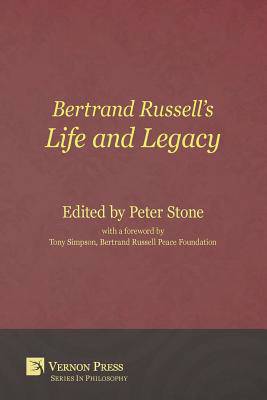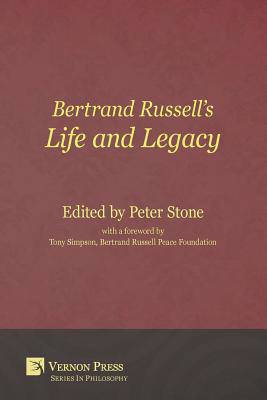
- Afhalen na 1 uur in een winkel met voorraad
- Gratis thuislevering in België vanaf € 30
- Ruim aanbod met 7 miljoen producten
- Afhalen na 1 uur in een winkel met voorraad
- Gratis thuislevering in België vanaf € 30
- Ruim aanbod met 7 miljoen producten
Omschrijving
Almost five decades after his death, there is still ample reason to pay attention to the life and legacy of Bertrand Russell. This is true not only because of his role as one of the founders of analytic philosophy, but also because of his important place in twentieth-century history as an educator, public intellectual, critic of organized religion, humanist, and peace activist. The papers in this anthology explore Russell's life and legacy from a wide variety of perspectives. This is altogether fitting, given the many-sided nature of Russell, his life, and his work.
The first section of the book considers Russell the man, and draws lessons from Russell's complicated personal life. The second examines Russell the philosopher, and the philosophical world within which his work was embedded. The third scrutinizes Russell the atheist and critic of organized religion, inquiring which parts of his critical stance are worth emulating today. The final section revisits Russell the political activist; it directs an eye both at Russell's own long career of peace activism, but also at his place in a highly political family tradition of which he was justifiably proud.
This book thus constitutes an invitation, if one were needed, to the world of Bertrand Russell. Those new to Russell, but with an interest in biography, philosophy, religion, or politics, will hopefully find something to learn here. This may spark an interest in learning more about Russell. But this book is not just intended for the Russell neophyte. The book sheds fresh light on a number of topics central to Russell studies--his connections to other philosophers, for example. Scholars well-versed in Russell studies will enjoy grappling with the treatment given to these topics here.
Specificaties
Betrokkenen
- Auteur(s):
- Uitgeverij:
Inhoud
- Aantal bladzijden:
- 214
- Taal:
- Engels
- Reeks:
Eigenschappen
- Productcode (EAN):
- 9781622732326
- Verschijningsdatum:
- 15/03/2018
- Uitvoering:
- Paperback
- Formaat:
- Trade paperback (VS)
- Afmetingen:
- 152 mm x 229 mm
- Gewicht:
- 290 g

Alleen bij Standaard Boekhandel
Beoordelingen
We publiceren alleen reviews die voldoen aan de voorwaarden voor reviews. Bekijk onze voorwaarden voor reviews.









